When a person has been damaged by unspeakable acts of violence, we have a duty to help that person claim back their life. It is the compassionate and moral thing to do to. It is also that person’s right, clearly stated in Article 14 of the Convention Against Torture. There are thousands of torture and trauma survivors in the world, but sadly only a few will receive the support they desperately need and are entitled to. Rehabilitation services are not always available or accessible, or don’t have enough funds to support everyone who needs their help. This Campaign aims to change that.
Rehabilitation of people who have been tortured is a Human Right. And it works.
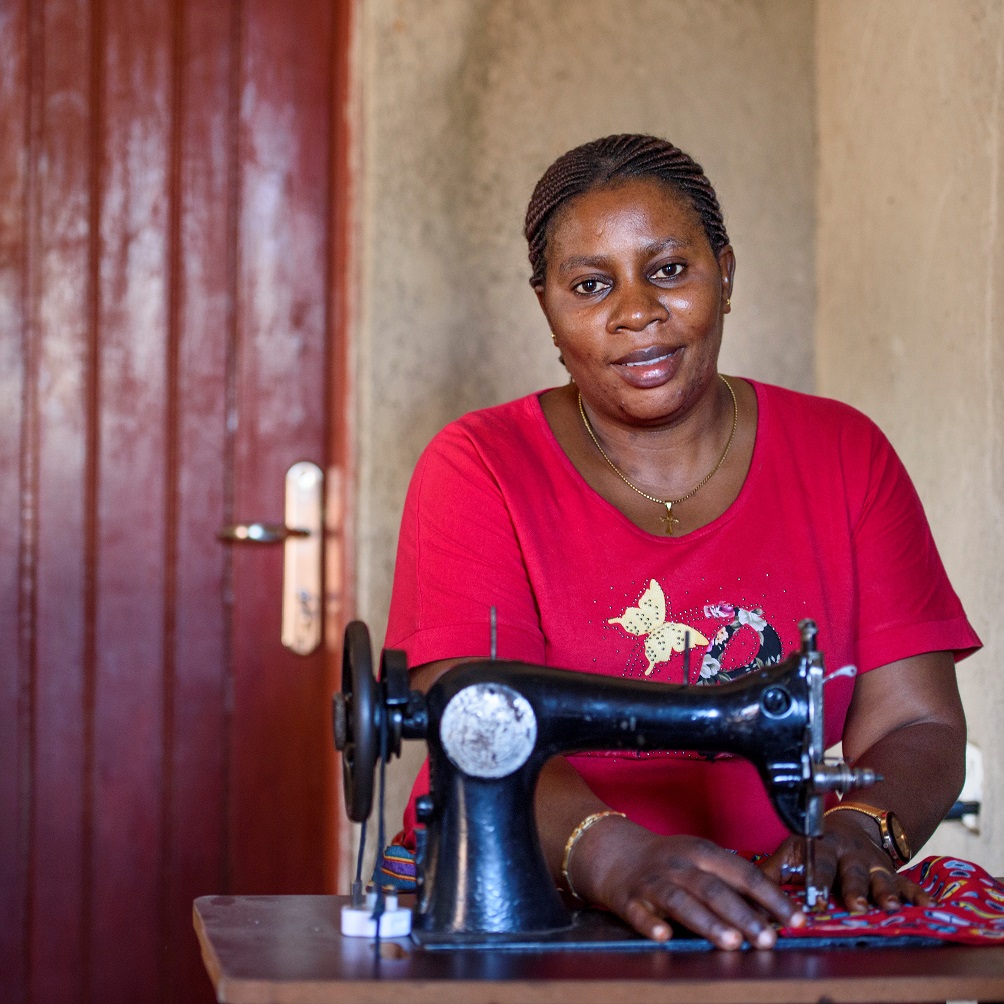
”Survivors of torture do not have to be defined by their experiences. What [rehabilitation] is about is giving hope to people who feel hopeless, who think they can't do it. You can do it. You can keep going and achieve what you thought was unachievable.
Josephine HTorture survivor
Rehabilitation is a right
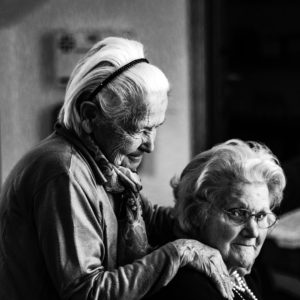
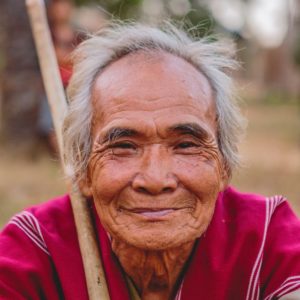
Rehabilitation works
Specialist torture and trauma rehabilitation is a relatively young field, only beginning in around 1980. In that time, rehabilitation centres around the world have worked with hundreds of thousands of survivors. Their goal: to empower survivors to heal and resume a full life. Interventions are usually holistic; they could be medical, psychological, social, legal, economic or a combination of these. Whatever will help a person to rebuild. And there is a growing body of empirical evidence that torture and trauma rehabilitation works. Yet you need only read the stories of these clients to understand the enormous impact that rehabilitation services have. In the words of one survivor, “They gave me my life back. They made me feel like my life was worth something.”
Rehabilitation is good for society
When torture is systematic and widespread, whole societies are traumatised. A survivor’s sense of self is often so damaged that they find it hard to trust even their closest friends and family. Regular support networks and structures have often been broken or destroyed after years of repression, torture and conflict. For individuals, rehabilitation helps people to regain their capacity to participate meaningfully in society. For families and the community at large, rehabilitation works to rebuild trust and reconstruct broken societies. Failure to invest in rehabilitation at both individual and societal levels can contribute to the entrenchment of torture as an accepted practice, and the perpetuation of cycles of repression and violence. Rehabilitation centres provide support and hope, and act as a symbol of triumph over the man-made terror of torture which casts a shadow over entire societies.
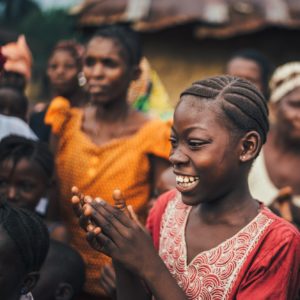
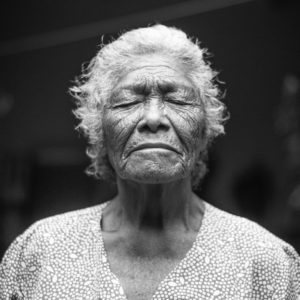
Rehabilitation relies on the strength of survivors
The work of rehabilitation is not to ‘cure’ people from the effects of torture and trauma, but to help them marshal their strengths in order to heal themselves. This may involve ‘treating’ some particular issues that impede their recovery, but rehabilitation is a lot more than that. Rehabilitation is about empowerment, about reclaiming their life back from the torturers, about regaining control. We always work in partnership with our clients – their strength is the backbone of our work, and it is an inspiration to us.
Rehabilitation is holistic
Torture and trauma affect every part of a person’s life, so rehabilitation has to work across many dimensions. Often the functioning of the body, brain or nervous system has been physically altered in survivors – we need to address this problem to make healing possible. Similarly, torture changes the way people perceive and interpret the world. Rehabilitation means finding ways to process traumatic memories and learning to feel safe again. No one can recover alone, so rebuilding a supportive social system around the survivor is crucial. Rehabilitation uses a diverse array of tools, backed by experience and empirical evidence and integrated with the survivor’s culture and belief system. It is complex, difficult work – both for the therapist and the survivor – but the rewards are great.

